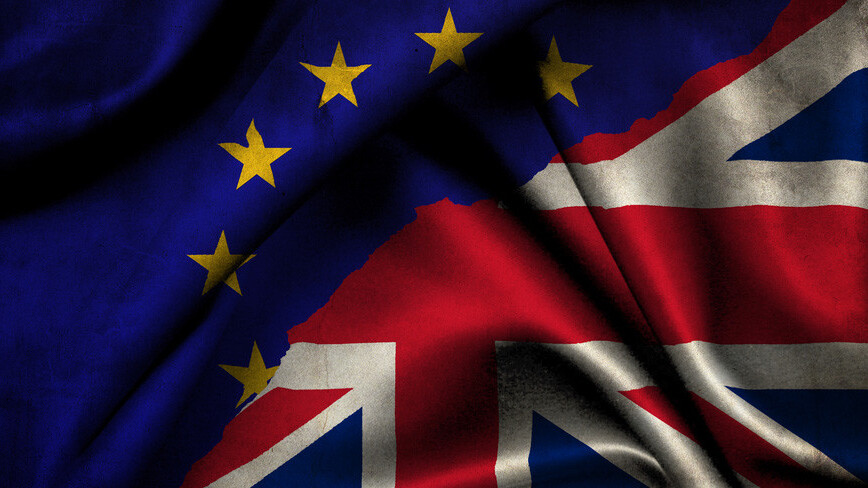Roaming charges within the European Union are set to be gradually abolished, starting on June 15. An agreement reached by EU negotiators means that no matter whether you’re on a beach in San Sebastian or touring the streets of Amsterdam, you soon won’t pay any extra to make calls, send texts, or use data.
The EU aims to fix the wholesale cost of a minute at a maximum of 3.2 cents, an SMS at 1 cent, and the cost of mobile data being gradually reduced as follows:
- €7.7 per GB (as of 15 June 2017)
- €6 per GB (as of 1 January 2018)
- €4.5 per GB (as of 1 January 2019)
- €3.5 per GB (as of 1 January 2020)
- €3 per GB (as of 1 January 2021)
- €2.5 per GB (as of 1 January 2022)
Right now, this will apply to the UK, as it’s still a member of the European Union. But last year, the country narrowly voted to leave the 28-member nation block.
It’s expected that British Prime Minister Theresa May will invoke Article 50 – the piece of legislation that starts a country’s formal exit from the EU – on March 9. This gives the UK a two years deadline to negotiate an exit deal. Once that two year deadline lapses, the UK ceases to be a member of the EU, deal or no deal.
This raises an interesting question. What will happen to roaming rates for UK consumers once Brexit reaches its conclusion? After all, once the divorce proceeding are finished in 2019, this roaming deal will no longer apply to Brits, as the UK would no longer be a member of the European Union. Could we see a return to the days where drunkenly checking your Facebook abroad could sting you with a massive bill?
Perhaps not. It’s a long shot, but maybe Theresa May and DExEU (the Department for Exiting the EU) will be able to negotiate continued access to these low rates.
Maybe, but I wouldn’t count on it. Firstly, it looks like the British government is heading towards a so-called ‘hard Brexit’, which will see it sever ties with all European institutions and organizations – from the Single Market, to the Customs Union, to even smaller institutions like Euratom.
There’s a bigger reason to be pessimistic. The Brexit decision took the UK government by surprise. They were expecting Remain to win. Perhaps not by a large margin, but win nonetheless.
It now enters the Brexit negotiations with a decimated civil service and few experts able to navigate the labyrinthine task of cutting ties with the EU. Put simply, Britain has bigger fish to fry at the moment.
For those die-hard supporters of Britain’s decision to leave the EU, this news won’t make too much of a difference.
After all, they’re unmoved by the Pound tumbling to its lowest level in recent memory, causing the cost of food imports and consumer electronics to soar. The country’s cherished AAA credit rating being stripped by Standard and Poor’s doesn’t register, and they’re fine with the UK losing tariff-free access to a market of 450 million consumers, who are both affluent and geographically close. Their kids and grandkids are going to lose the right to live and work in 27 of the most beautiful countries in the world, and they’re totally okay with that.
A return to the days when a phone call home from Spain would cost nearly $0.50 per minute is unlikely to phase them. But for the rest of us, it’s just another tangible reminder of how much Brexit is really going to cost.
Get the TNW newsletter
Get the most important tech news in your inbox each week.





